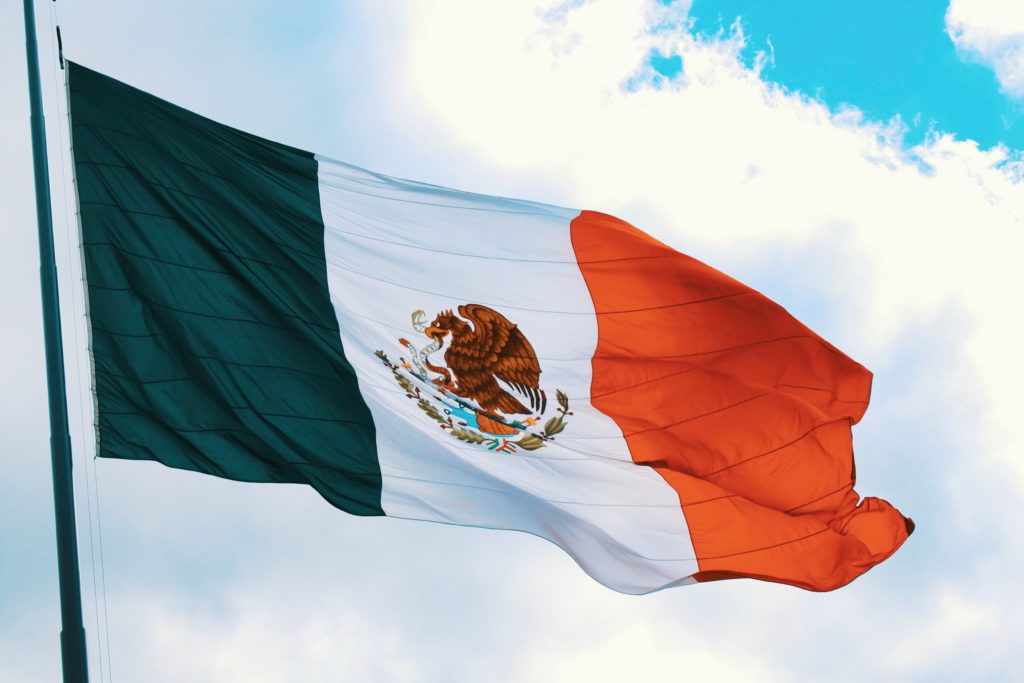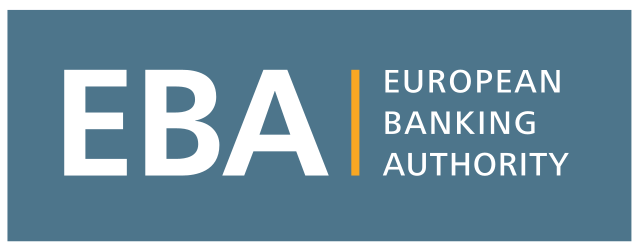
As other European countries like Spain, France has its own definition of politically exposed persons — PEPs. This definition derives from the transposition of European directives regarding the prevention of money laundering, as well as the impetus from the FATF on this matter.
Continue reading “France and its definition of PEP”








